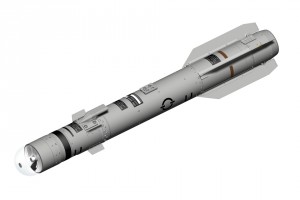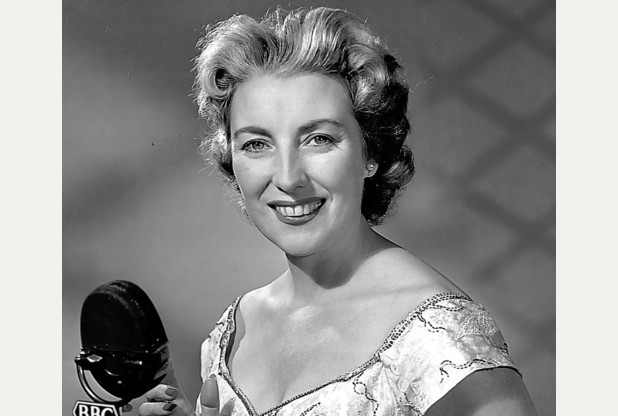It was a grey December morning. The weather was unusually mild for the time of year.
In Downing Street, the Prime minister went to his computer. He opened the private folder named “Legacy” and a spreadsheet named “Exit Strategy”. He clicked a tick-box marked “Bomb Syria” and updated the figure next to “Destroy Labour” to 75%. He saved the changes and closed the file. Elsewhere in Westminster, the Leader of the Opposition sat with his head in his hands, trying to figure out what he’d done wrong.
Across the government benches in the House of Commons, three enemies eyed each other warily. Theresa May, George Osborne and Boris Johnson laid rival plans for capturing the attention of the public in their jockeying for leadership of the Tory Party.

The BBC, as usual in times of war, unleashed an orgy of images of military hardware and endless analysis of their capabilities. “Look how big, firm, smooth and accurate our missiles are” was the unquestioning message. At £100,000 a pop, the virtues of the “most accurate ever” Brimstone missiles were exalted. Around the country, hundreds of men with very small brains, some in positions of high authority, paid close attention. They exploded with orgasmic delight as the first pictures and booming sounds of flashing explosions hit the TV screens.
In Raqqa, centre of Daesh power, families cowered in their houses. Couples, especially those with a professional background, again discussed spending their life savings on paying the “friend of a friend” who promised to smuggle them to safety out of the country. Their children cowered at the increased sound of not-so-distant bombs.
In an office near London Bridge, the Campaigns Director for the British Legion wondered whether the time was now right to contact that Tory backbencher. This was the one proposing a private members bill to make the wearing of poppies compulsory for all adults over 16 years of age for three weeks leading up to the 11th November each year.

In the music business, the UK headquarters of a multinational media company announced they had signed a contract with Vera Lynn to release her new album, entitled “98”.
In a TV studio in London, the Defence Secretary repeated once more that Britain was now “a safer place” because of the decision to bomb Syria. Throughout the land, tens of thousands of Muslim families shuddered slightly, fearful of what fresh humiliations, or worse, tomorrow might bring. For a handful, they were fearful, too, that they didn’t really understand what their teenage sons were up to all evening on their computers. In their bedrooms, their disaffected children decided to have a look at that website they were told about by someone they had met recently.
In Whitehall, a senior civil servant in the Ministry of Defence picked up the phone. Perhaps now was a good time to accept that lunch invitation from a top manager in a famous arms manufacturer. In another part of Whitehall, an experienced civil servant in the Foreign Office reached down and opened the bottom drawer of his desk. He took out an envelope containing the terms of the voluntary severance package he had been considering for weeks. Perhaps his wife wouldn’t mind not having two foreign holidays a year.
On the fifteenth floor of a bank’s headquarters in the City of London, a meeting was convened. It was of the “blue sky” strategy group aimed at considering innovative ways of making more profit from the increased government military expenditure. Across the country, food banks continued to do a brisk trade. Thousands of sanctioned benefits claimants, many with mental illnesses, were grateful for the mild spell which meant their unheated homes were not quite as cold as they had expected.
In Paris, scientists, lobbyists and politicians at the summit on climate change felt a frisson of frustration, as the world’s media attention turned away for a while from the greatest threat to humankind. In the English Channel, yet another storm force wind lashed the waters into a fury. A small group of bluebirds huddled together in the crevices of the cliffs near Dover; the unseasonably warm December weather had delayed their usual migration. They looked at each other in the gale and, as if of one mind, flew south.

In a hospital bed in Surrey, legendary RAF pilot James Bigglesworth (aka “Biggles”) lay dying. With one last supreme act of will, he raised his enfeebled torso off his pillow. He took down the sign hanging over the bed saying “Do Not Resuscitate” and, with the aid of a conveniently-located marker pen, crossed out the first two words. In a final act of defiance of regulations, he lit a cigarette. The deathly rattle of a breath escaped from his disease-ridden lungs. His head fell back, a trace of a smile on his thin lips. Biggles died a happy man.